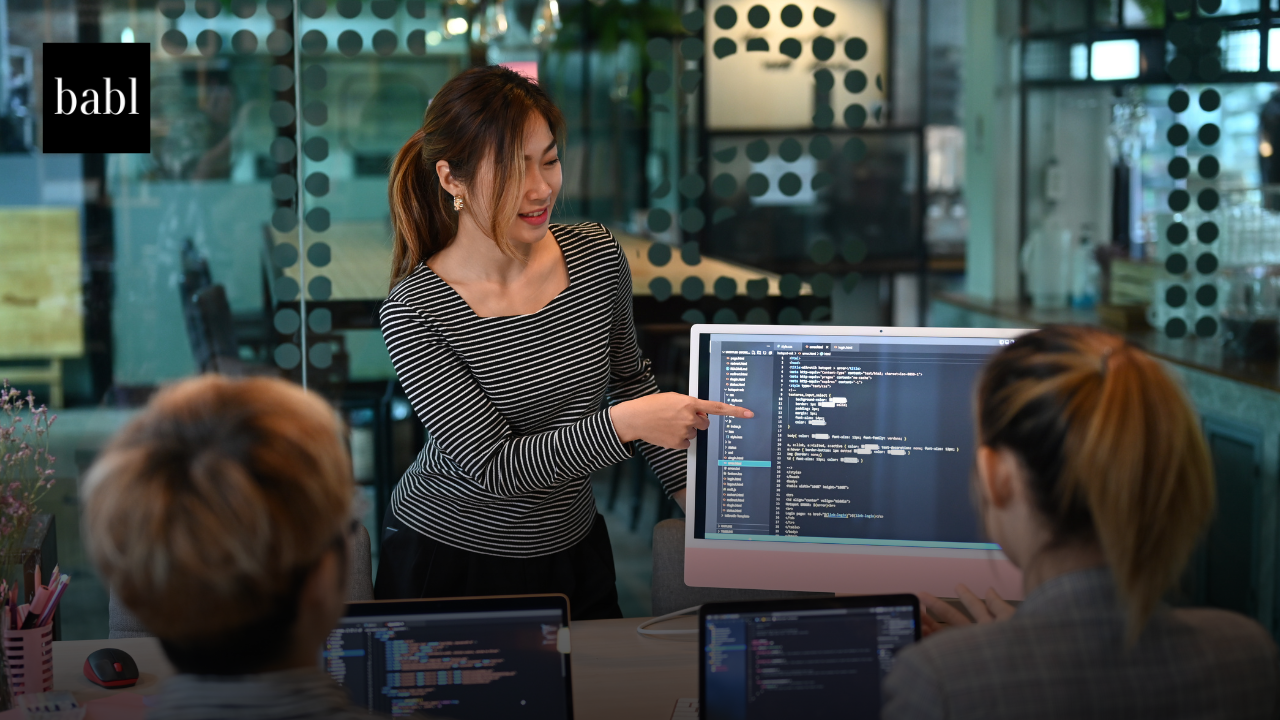UPDATE — SEPTEMBER 2025: Since Brookings released its 2024 report warning of generative AI’s disruptive potential in the workforce, many of its predictions have begun playing out.
At the federal level, pilot programs have launched. They are led by the Department of Labor and NIST, including a first “AI in Workplaces” testing framework unveiled in July 2025. Congress has introduced bipartisan bills on AI-driven job displacement, reskilling, and layoff reporting, though none have yet passed. States such as California, Colorado, and New York have also launched task forces to craft workforce protections and retraining strategies.
Labor movements have increasingly centered AI in negotiations. Following the Writers Guild and SAG-AFTRA wins in 2023–2024, teachers’ unions, journalism associations, and even financial-sector unions in Europe are pressing for transparency and bargaining rights over AI use. In 2025, the AFL-CIO partnered with Brookings and MIT to launch an AI & Workforce Preparedness Council to map risks and share strategies.
Meanwhile, corporate adoption of generative AI has accelerated. Law firms, Wall Street banks, and major tech companies now rely on AI assistants for legal research, contract review, and financial analysis. While firms report productivity boosts, Brookings’ concern about hollowing out junior roles has been borne out: reductions in paralegal, analyst, and administrative positions are already visible. Worker surveys at companies like Amazon and Google reveal rising demands for transparency and involvement in AI rollout.
New research findings back these shifts. A Pew poll in May 2025 found 41% of Americans believe AI will personally affect their jobs, up from 28% in 2023. OECD and ILO studies confirm white-collar professions face the highest disruption risk. Brookings itself has since reiterated calls for major federal retraining investment to stave off middle-class erosion.
ORIGINAL NEWS STORY:
Generative AI’s Potential Impact on American Workforce Sparks Urgent Call for Preparedness
A recent Brookings research report warns that the rapid development of generative AI could fundamentally disrupt the American labor market, affecting over 30% of workers who may see half or more of their job tasks impacted by AI technologies. Unlike traditional automation, which largely affected manual and routine jobs, generative AI is set to reshape cognitive and non-routine work in higher-paid fields such as law, marketing, finance, healthcare, and the arts. These professions, typically insulated from automation, now face a future where tasks like writing, coding, analysis, and customer service could be rapidly altered by AI.
The Brookings study, led by researchers Molly Kinder, Xavier de Souza Briggs, Mark Muro, and Sifan Liu, emphasizes that the U.S. is unprepared to manage the dual risks and opportunities presented by generative AI. Worker influence and preparedness are critical but lacking, as AI technology has far outpaced policy and organizational responses. “Generative AI could reshape livelihoods, but whether workers benefit or suffer largely depends on proactive steps by employers, policymakers, and workers themselves,” the report states.
The introduction of AI tools like ChatGPT and DALL-E has ignited public concern over job security and potential inequality, as a recent Pew Research poll found most Americans expect a significant—and largely negative—impact on jobs over the next two decades. Yet, the Brookings report highlights that discussions around AI’s implications on work remain sidelined, with more focus on issues like privacy, disinformation, and national security. Brookings’ research underscores that AI’s effects on the world of work must be a priority in shaping a balanced societal response.
In light of AI’s accelerating capabilities, Brookings outlines three critical areas for a proactive response:
-
Redefining Employer Practices
Companies adopting AI, especially “employer-deployers,” need guidelines on ethical AI implementation with regard to their workforce. Many firms, including tech giants like Google and Meta, are under immense pressure from investors to integrate AI for efficiency gains. However, guidelines on responsible deployment—those that promote fair treatment and involvement of workers in AI’s integration—are mostly absent. Brookings urges businesses to engage workers in designing AI processes and ensure that AI’s benefits are shared across the organization rather than concentrating wealth and decision-making power at the top.
-
Strengthening Worker Voice and Influence
While organized labor has secured protective AI regulations in some high-profile sectors, such as Hollywood’s writers’ strike, the Brookings report identifies a “great mismatch” in workforce AI preparedness. Most fields with high AI exposure, such as finance and administrative roles, have low union representation, leaving workers with limited bargaining power to influence AI’s role in their jobs. Brookings advocates for new worker engagement models that adapt collective bargaining to the AI landscape, empowering workers to negotiate fair conditions and retain agency over AI-influenced workflows.
-
Establishing Public Policy and Standards
The report calls on policymakers to urgently address AI’s impact on employment through proactive measures that go beyond recent federal and state regulations. While the Biden administration’s recent executive order on AI emphasized workforce considerations, Brookings stresses that governments can lead by example as model AI deployers and protectors of worker interests. Public policy initiatives, from job transition programs to enforceable workplace AI standards, will be crucial for establishing worker protections in an AI-dominated future.
Generative AI’s impact is both expansive and uncertain. The report suggests that AI could indeed boost productivity and support new job roles, but without structured guidance, its potential to widen inequality and destabilize middle-income careers looms large. The Brookings researchers contend that “technology is not destiny,” and the future of AI in the workforce hinges on society’s response, aiming for a future where AI augments, rather than replaces, human capabilities.
Need Help?
With every day comes a new AI regulation or bill, and you might have questions and concerns about how it will impact you. Don’t hesitate to reach out to BABL AI. Their Audit Experts are ready to provide valuable assistance.





